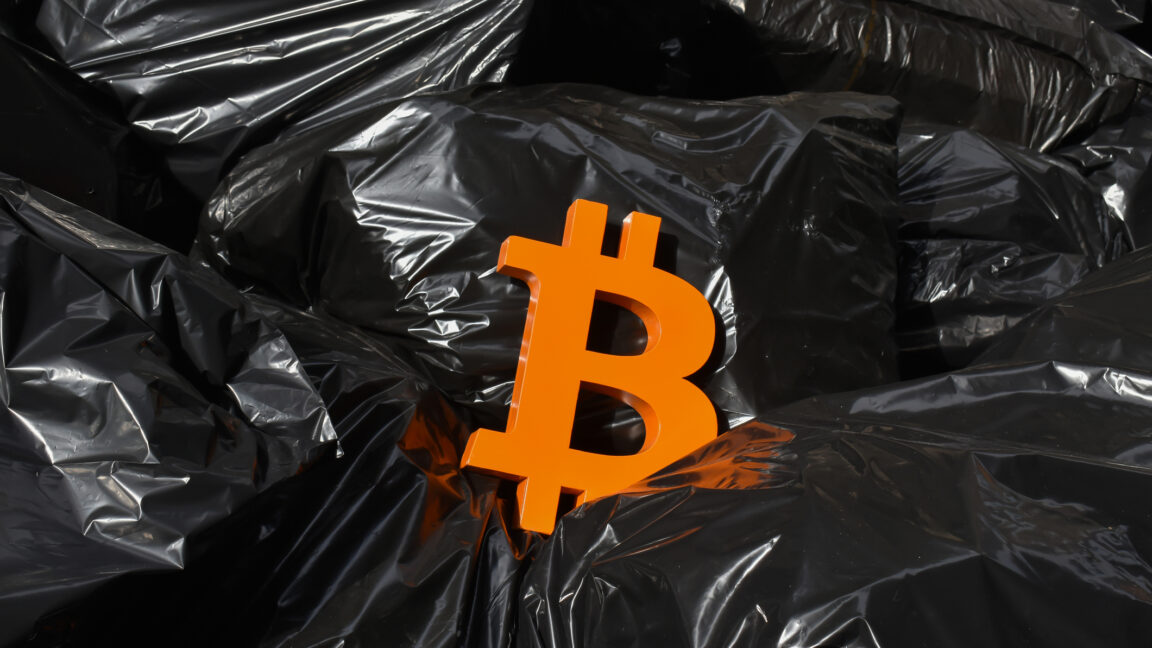[ad_1]

Howells told The Times that he envisions cleaning up the site and turning it into a park, but the council’s analysis seems to suggest that wouldn’t be a suitable use. Additionally, the council noted that there aren’t viable alternative sites for the solar farm, which, therefore, must be built on the landfill site or else potentially set back the city’s climate goals.
If Howells can’t turn the landfill into a park, he suggested that he could simply clear it out so that it can be used as a landfill again.
But the Newport council does not appear to be entertaining his offer, the same way the council seemingly easily rejected his prior offer to share his bitcoin profits if granted access to dig up the landfill. When asked about Howells’ most recent offer, a council spokesperson directed The Times to a 2023 statement holding strong to the city’s claims that Howells gave up ownership of the bitcoins the moment the hard drive hit the landfill and his plans for excavation would come at “a prohibitively high cost.”
“We have been very clear and consistent in our responses that we cannot assist Mr. Howells in this matter,” the spokesperson said. “Our position has not changed.”
Howells insists his plan is “logical”
But Howells told The Guardian that it was “quite a surprise” to learn the city planned to close the landfill, reportedly in the 2025–26 financial year. This wasn’t disclosed in the court battle, he said, where the council claimed that “closing the landfill” to allow his search “would have a huge detrimental impact on the people of Newport.”
“I expected it would be closed in the coming years because it’s 80–90 percent full—but didn’t expect its closure so soon,” Howells told The Guardian. “If Newport city council would be willing, I would potentially be interested in purchasing the landfill site ‘as is’ and have discussed this option with investment partners and it is something that is very much on the table.”
[ad_2]
Source link